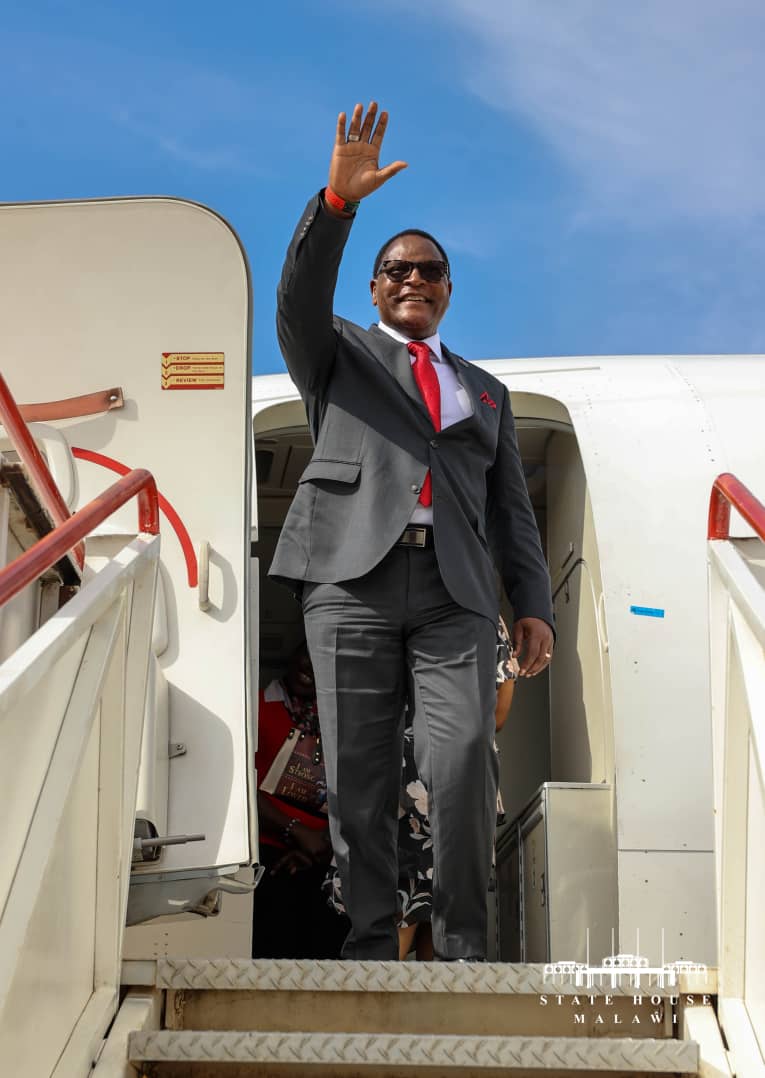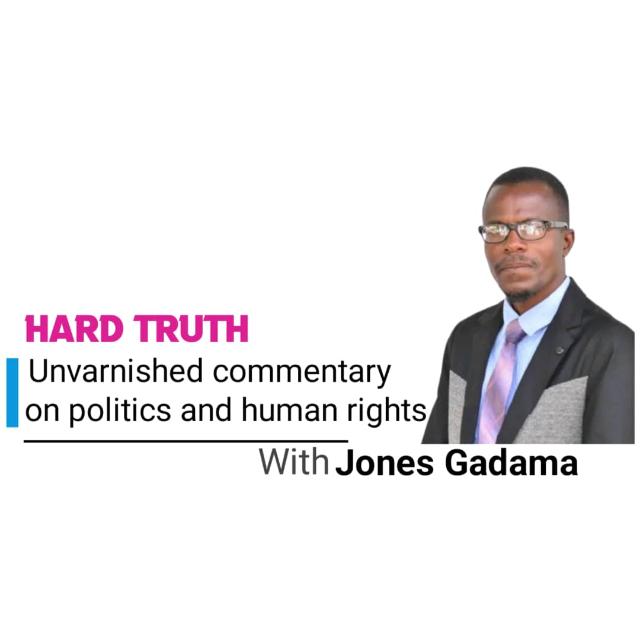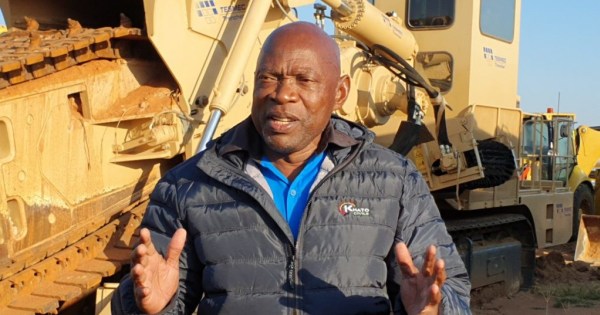By Twink Jones Gadama
The recent announcement of President Lazarus Chakwera’s trip to California from January 20 to January 31 has sparked significant debate and criticism among Malawians, particularly in light of his previous calls for austerity measures. This juxtaposition raises questions about the government’s priorities and the implications of such expenditures on the nation’s economy, especially when the country is grappling with severe foreign exchange shortages and economic challenges.
Chakwera’s administration came into power with a promise of change, transparency, and a commitment to improving the living standards of Malawians. However, the decision to embark on an expensive trip abroad, especially to a location like California, which is often associated with high costs, seems to contradict the very principles of austerity that he has advocated. The timing of this trip is particularly concerning, as it comes just a month after he publicly emphasized the need for fiscal discipline and prudent management of resources. This inconsistency raises eyebrows and leads to a perception of hypocrisy within the leadership.
The economic context in Malawi cannot be overlooked. The country has been facing significant economic challenges, including high inflation, a depreciating currency, and a shortage of foreign exchange reserves. These issues have led to increased prices for basic goods and services, making it difficult for ordinary citizens to make ends meet. In such a climate, the decision to allocate substantial funds for a presidential trip appears not only imprudent but also insensitive to the struggles faced by the populace. Many citizens are left wondering why their leader would prioritize international travel over addressing pressing domestic issues.
Critics argue that such trips often yield little tangible benefit for the country. While it is true that international engagements can sometimes lead to investment opportunities or partnerships, the reality is that many of these trips are often more about the personal prestige of the leaders than about concrete outcomes for the nation. The question arises: what specific benefits does Chakwera expect to gain from this trip to California? Will it lead to significant investments in Malawi, or is it merely a jaunt that will drain the already scarce resources of the nation? The lack of clarity on the objectives of this trip only fuels skepticism among the populace.
Moreover, the optics of the trip are troubling. In a country where many citizens struggle to afford basic necessities, the image of their president traveling to a wealthy state in the U.S. can be seen as a stark contrast to their daily realities. This disconnect can lead to a loss of faith in leadership and governance, as citizens may feel that their leaders are out of touch with the challenges they face. The perception of elitism and detachment from the struggles of ordinary people can erode trust in government institutions and diminish the legitimacy of the leadership.
As Chakwera approaches the end of his rule, with only seven months left before he hands over power to Professor Arther Peter Mutharika,the people’s choice, the urgency of his actions becomes even more pronounced. The desire to leave a legacy or to secure favorable international relations may drive him to undertake such trips, but the question remains whether these actions will be viewed favorably by the electorate. The electorate is likely to remember not just the trips taken but also the economic hardships endured during his tenure. If the trip does not yield significant benefits for the country, it could further tarnish his administration’s reputation and impact his party’s chances in the upcoming elections.
The issue of governance and accountability is also central to this discussion. Citizens have a right to demand transparency regarding how public funds are spent, especially in a context where austerity measures are being discussed. The government should be held accountable for its spending decisions, and there should be a clear justification for why certain expenditures are prioritized over others. In the absence of such accountability, the perception of corruption and mismanagement can fester, leading to public disillusionment and unrest.
In conclusion, President Lazarus Chakwera’s upcoming trip to California raises significant concerns about the priorities of his administration, especially in light of the economic challenges facing Malawi. The decision to spend billions of kwachas on international travel, while advocating for austerity, appears contradictory and insensitive to the struggles of ordinary citizens. As the country navigates a difficult economic landscape, the government must prioritize the needs of its people and demonstrate a commitment to responsible governance. The upcoming elections will serve as a critical juncture for the Chakwera administration, and the electorate will undoubtedly weigh the implications of such decisions in their voting choices. Ultimately, the success of any leadership is measured not just by their international engagements but by their ability to improve the lives of their citizens and foster a sense of trust and accountability within the government.




